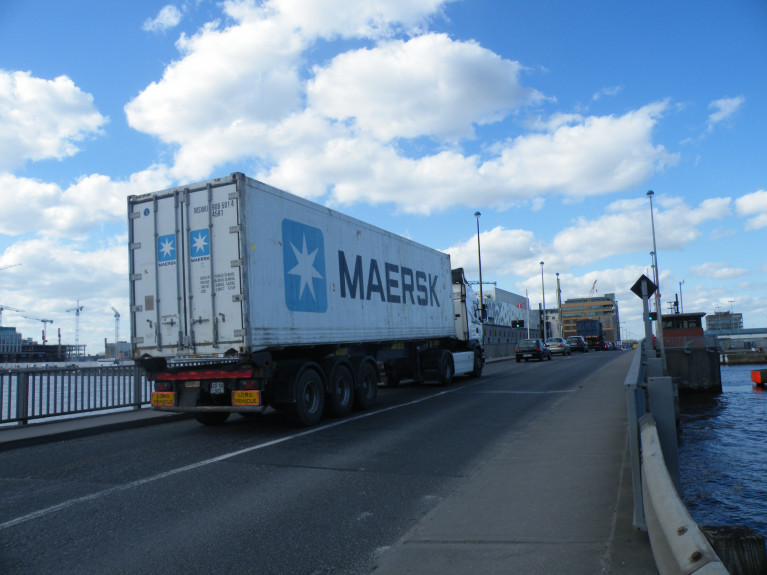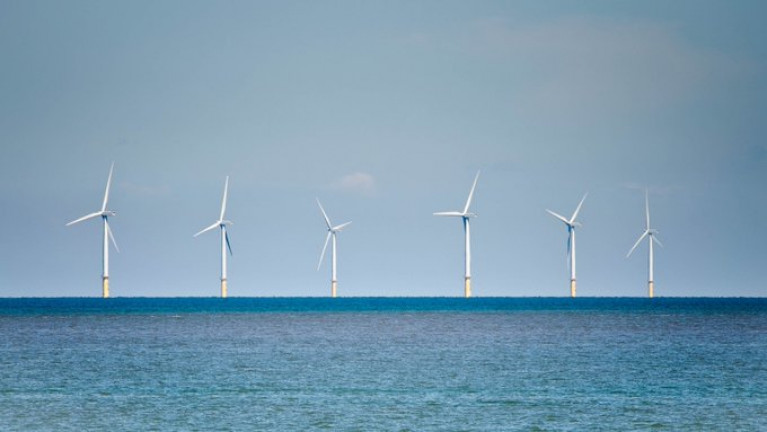Displaying items by tag: Climate Council
Irish Hauliers in Protest Warning Over Emission Cuts
RTE News reports that hauliers are threatening to hold protests over climate emission cuts to the transport sector and "astronomical costs".
The Irish Road Haulage Association will hold a members meeting in the next fortnight to discuss protests on the back of the Climate Change Advisory Council's emissions recommendations.
It said its members are already at breaking point with rising fuel costs, driver shortages and the Northern Ireland Protocol.
IRHA president Eugene Drennan said hauliers are "deeply concerned" about the impact a cut in emissions in the transport sector will have on the sector.
He said the cuts come as haulage companies face costs of a magnitude never seen before.
"We are deeply concerned about the emissions cuts. We have been labelled as a sector that is going to get a heavy cut," said Mr Drennan.
While acknowledging the level of sectoral cuts are yet to be revealed, he said his members "cannot take any more".
Click here for further reading.
According to the Climate Change Advisory Council, investment needs to be made urgently in areas such as decarbonising the electricity system with renewables like offshore winds.
Speaking on RTÉ's Morning Ireland, the chair of the Council Marie Donnelly said it was clear that Ireland would not be able to operate a straight linear line from 2021 to 2030 in order to achieve its carbon emission reductions.
She said this is why it was decided that two carbon budgets were needed in order for Ireland to achieve its aim of reducing greenhouse gas emissions by 51% within a decade.
The first carbon budget, running from 2021 - 2025, will see emissions reduce by 4.8% on average each year for five years.
The second carbon budget, running from from 2026 - 2030, will see emissions reduce by 8.3% on average each year for five years.
Ms Donnelly said: "The really clear message is that we need to take action now in order to get the benefit of the emission reductions in the second budget period."
More from RTE News here.

























































